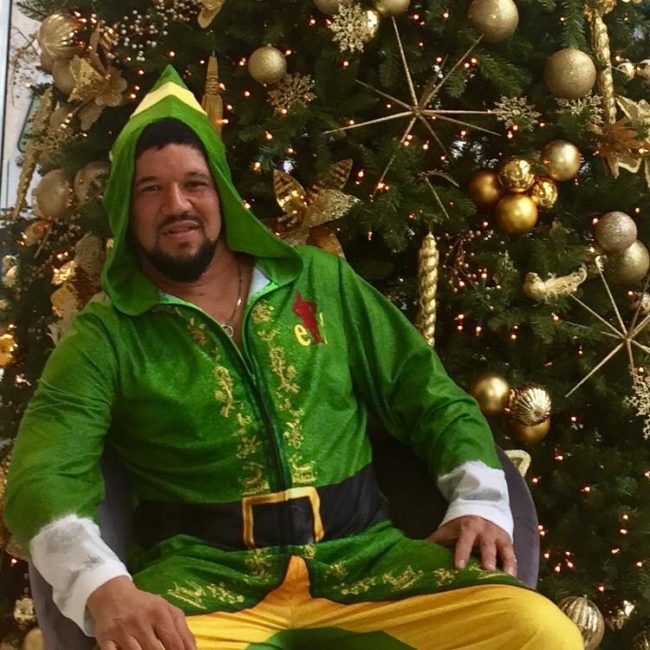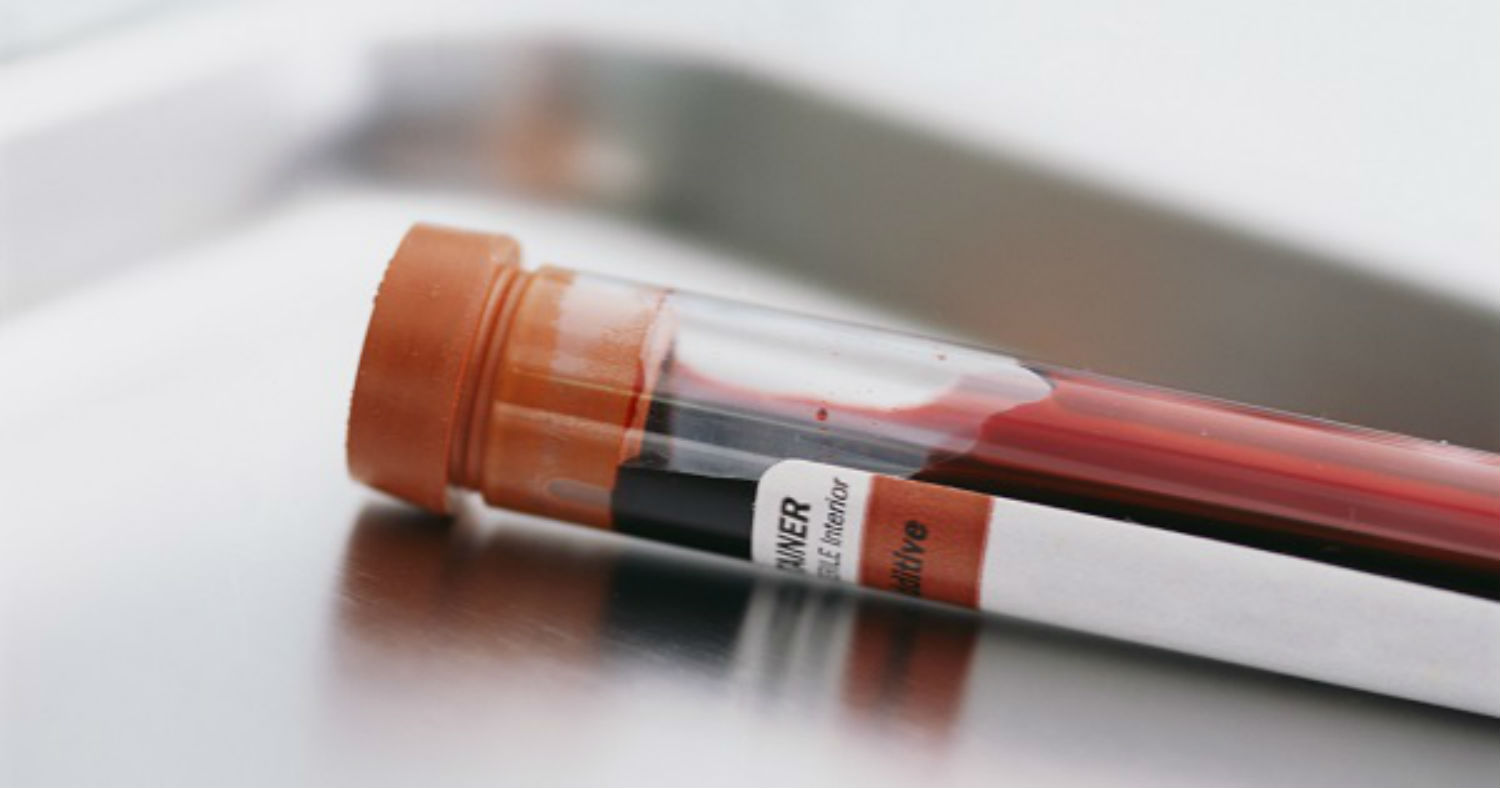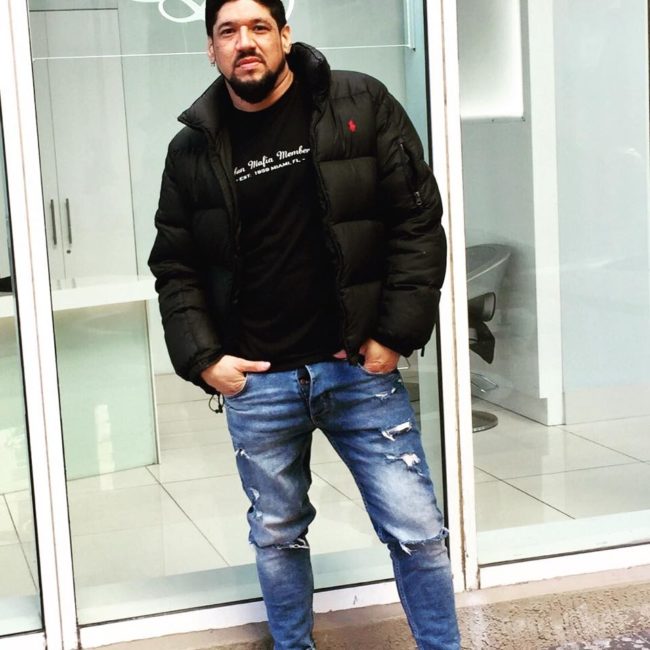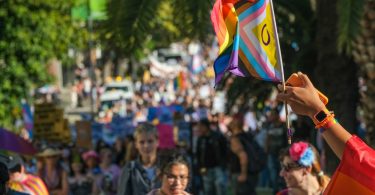A HIV-positive man who can’t get adequate healthcare in his home country of Venezuela is going to be deported from the US regardless.
Ricardo Querales lives with HIV and has been ordered to return to the Immigration and Customs Enforcement (ICE) office in Miramar in order to undergo voluntary deportation.
But he says he is being deported back to “death” because there is a lack of access to medication in order to manage his HIV.
Querales was initially asked to attend the Miramar ICE office in order to comply with a supervision order which is in place as part pf deportation proceedings which have been in place for several years.
The 43-year-old told the Miami Herald that he told the immigration officials at the ICE office: “You are sending me to my death!”
Adding: “This is anti-human rights. In Venezuela, there is no medicine and every day someone with AIDS disappears.”

He says he hopes the US government will change its decision based on the lack of HIV care in Venezuela.
The government in the US, Querales says, should acknowledge the humanitarian crisis in the country which has led to a lack of access to antiretroviral drugs to treat HIV.
According to immigration lawyer Marcial De Sautu, Querales should file an I-246 form.
“There is a very serious crisis in Venezuela, and if he has HIV and there are no drugs there, he should ask that they not take him out of the country for humanitarian reasons,” De Sautu tod the Herald.
Querales came to the US in 2003, originally from Maracaibo, in Western Venezuela.

He escaped to the US fleeing persecution and insecurity. After a year, he was granted asylum by an immigration judge.
After moving to the US, Querales became HIV-positive and eventually turned to drugs in order to cope with personal issues.
The hair stylist had a run-in with authorities when his friend borrowed his car and died of an overdose on Miami Beach.
When authorities came to Querales’ home the next day, they found a small bag of methamphetamine, and he was charged with controlled substance possession and drug paraphernalia possession with intent to use.
After being convicted in 2009, Querales served 30 years in jail.
He was also arrested again after police raided a house he was visiting but no charges were filed against him.
But he was still turned over to the custody of IC and served six months in detention.
His political asylum was revoked during his time in detention that his political asylum was revoked and his deportation order was signed 2011.

In 2014, Querales was placed under an order of supervision, which means he has to check in with ICE periodically.
“I am a reformed citizen, a decent worker who made mistakes in the past and I am no longer on drugs,” said Querales.
“They told me they would not deport me because there are no medicines for my treatment in Venezuela.”
He now has an appointment at the ICE office on February 22.
“My plan is to stay here,” Querales told the Herald, “fight to the end.”
Activist and blogger Mario Schauer, who works with LGBT Hispanic US citizens living with HIV/AIDS, said that it is commonplace for people diagnosed HIV-positive “to go through a process of self-destruction when they discover they are HIV positive because there are people who assume that it is a death sentence.”
He added that many people in Venezuela who are HIV-positive, look to permanently resettle in order to help access support and healthcare support







